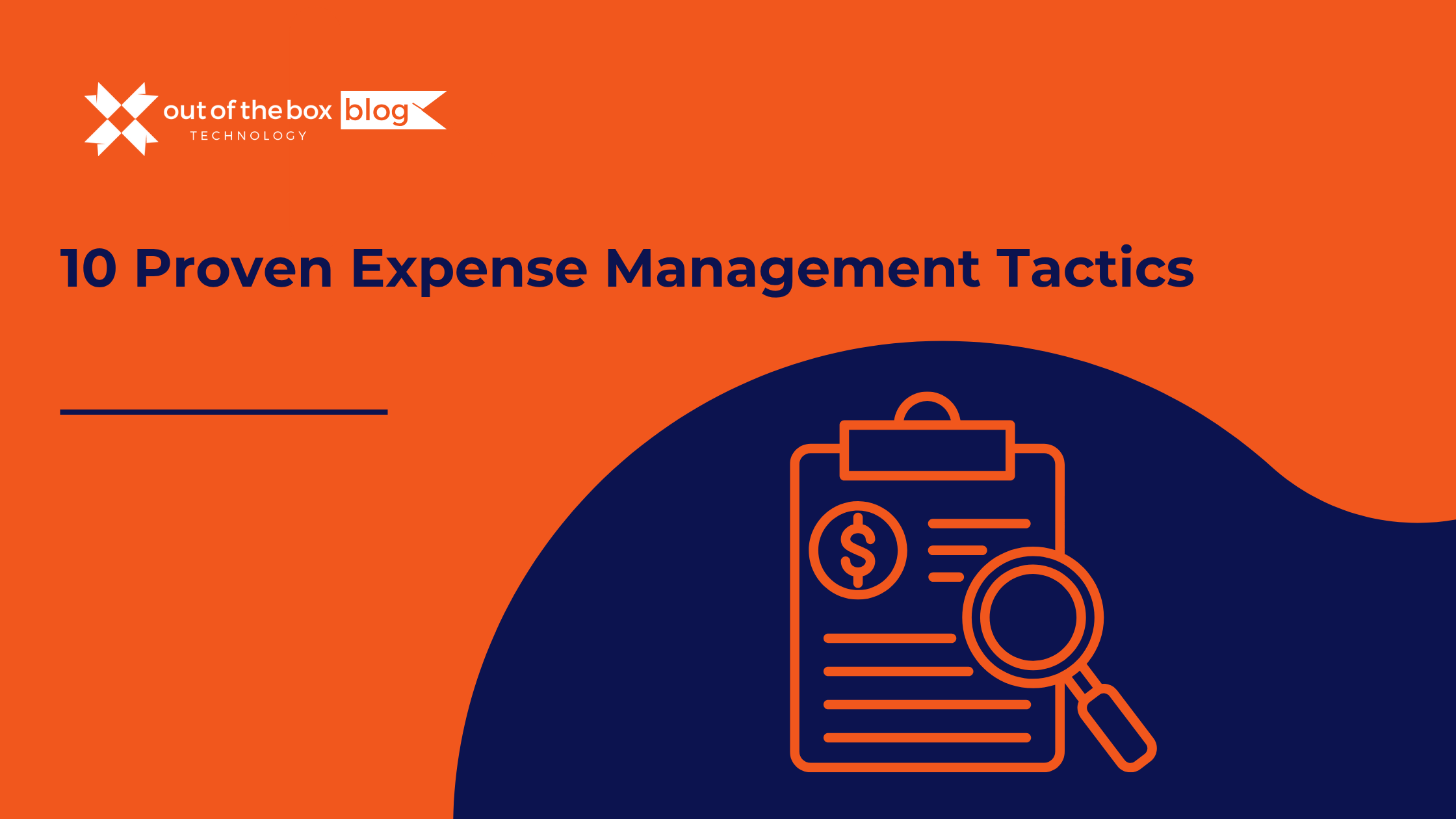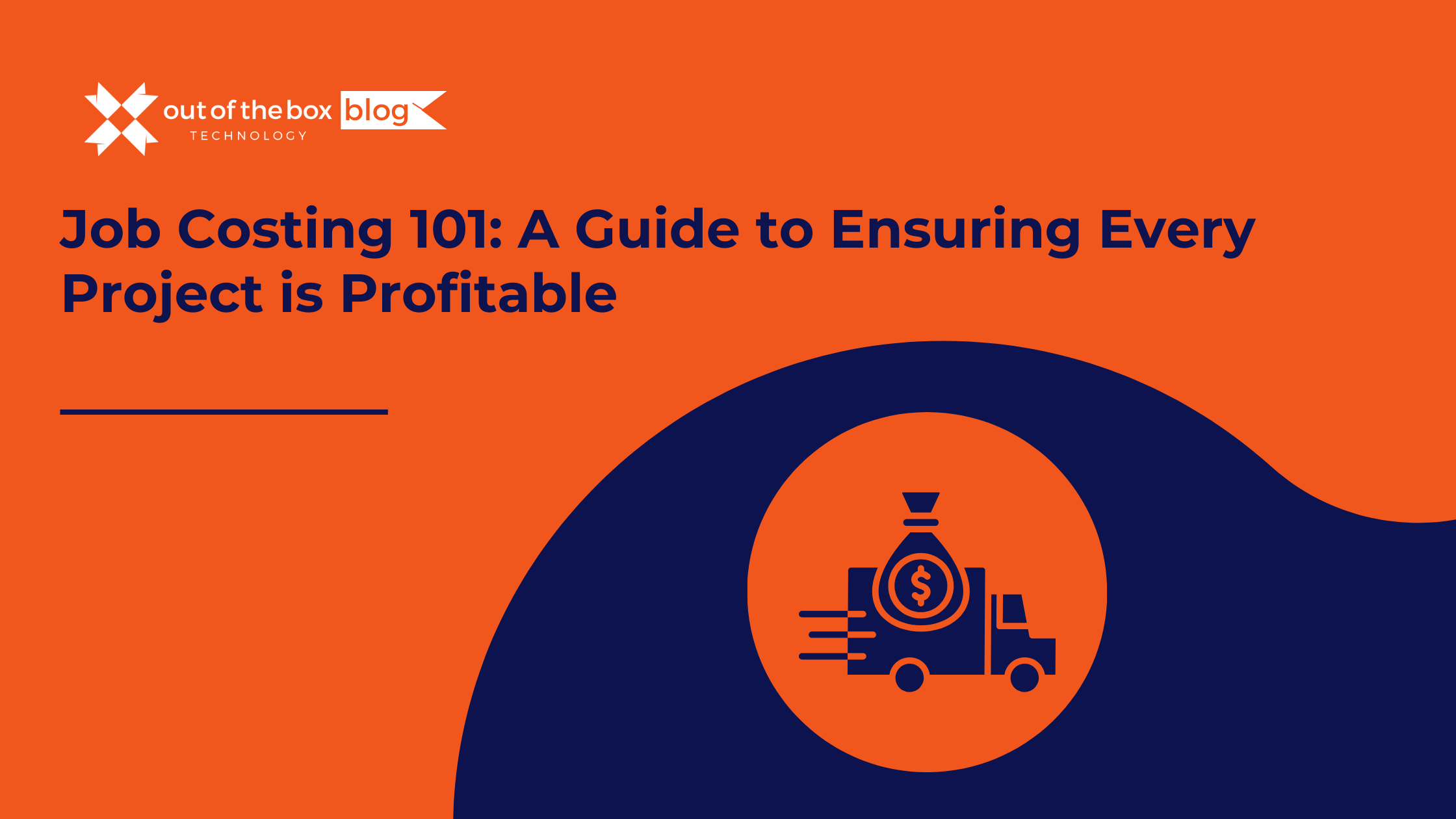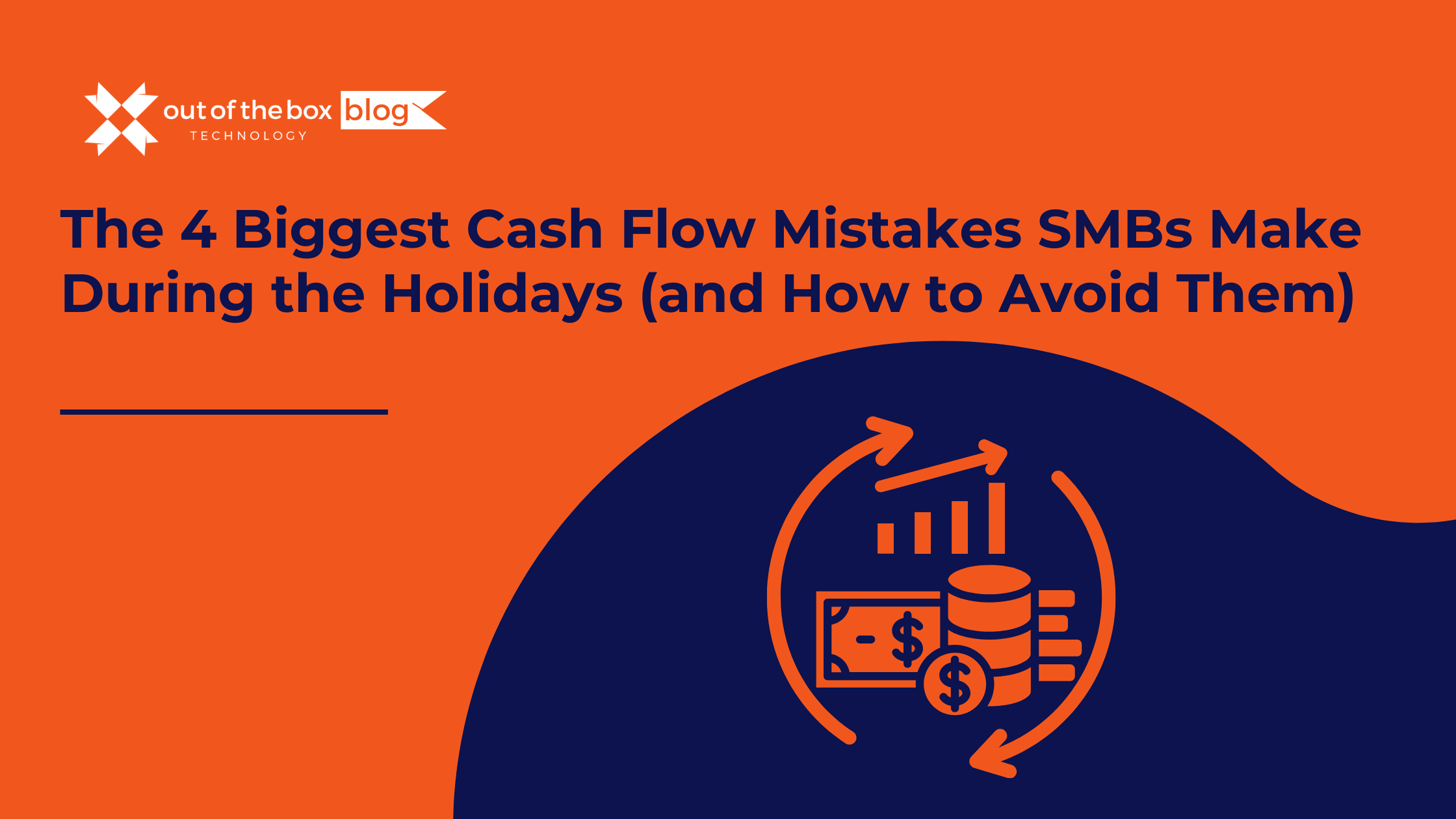Expense management is more than a cost-cutting exercise—it’s a strategic approach to ensure your business stays profitable, agile, and primed for growth. Whether you’re a small business owner, franchisee, or operator in the home services industry, keeping a tight handle on expenses without sacrificing quality or compliance is critical.
This guide explores actionable expense management tactics that help you save money without cutting corners. We’ll cover best practices, tools, examples, and frequently asked questions to give you a roadmap for managing operational costs effectively.
What Is Expense Management?
Expense management refers to the process of controlling and monitoring a business’s costs, from everyday operating expenses to strategic investments. It includes:
-
Setting and adhering to budgets
-
Tracking recurring and one-time costs
-
Auditing financial records
-
Eliminating wasteful spending
-
Optimizing vendor contracts and subscriptions
A strong expense management system is essential for maintaining healthy margins and making informed decisions.
Why Expense Management Matters for Small Businesses
According to a 2024 Small Business Trends report, 82% of businesses that fail do so because of poor cash flow visibility and cost management. For industries with fluctuating demand—like HVAC, plumbing, or landscaping—this issue is even more pressing.
Key benefits of effective expense management include:
-
Better cash flow forecasting
-
Improved profit margins
-
More strategic reinvestment
-
Stronger resilience during downturns
-
Greater scalability for franchises
Expense Management Strategies You Can Implement Today
Below are practical tactics that can be adapted to a variety of industries and business sizes.
1. Categorize and Centralize All Expenses
Use cloud-based accounting software (like QuickBooks Online, which Out of the Box Technology supports) to create standardized expense categories. Categorization improves visibility and makes it easier to track:
-
Job-related costs (materials, tools)
-
Payroll and contractor payments
-
Marketing and lead generation expenses
-
Subscription services
-
Fuel and fleet costs
Centralization ensures no expense goes unnoticed. Integration with your CRM and bank accounts allows for real-time tracking.
Pro tip: Use rules in QuickBooks to automatically categorize common expenses—saving time and reducing errors.
2. Create Role-Based Spending Limits
Implement approval workflows and spending thresholds for your team. This is especially useful for franchisees or multi-location operators who need consistent oversight.
-
Set monthly purchase limits per department
-
Require approval for anything over a certain amount
-
Use prepaid cards with spending caps
Software tools like Divvy, Expensify, and QuickBooks Online Advanced can automate this process and notify managers of out-of-policy expenses.
3. Perform a Subscription Audit Quarterly
Many small businesses lose thousands each year on unused or duplicated software. A 2023 SaaS report by Cleanshelf found that companies waste 30% of their software spend.
Use your expense management software to identify recurring subscriptions. Then:
-
Cancel any tools not used within 60 days
-
Consolidate similar tools (e.g., email platforms, schedulers)
-
Negotiate better rates for enterprise-level access
4. Optimize Your Vendor Relationships
Strong vendor partnerships can help you negotiate better rates, terms, and discounts. Here’s how:
-
Track vendor performance and payment history
-
Pay early to take advantage of early payment discounts
-
Use annual purchasing data to negotiate bulk or loyalty discounts
-
Ask for updated quotes yearly
Case Study: A plumbing franchise using Out of the Box Technology’s bookkeeping services reduced their annual materials cost by 12% by renegotiating with their supplier using tracked historical purchase data.
5. Automate Expense Reporting and Reimbursement
Manual reimbursement processes lead to errors and delays. Automate this workflow to save time and reduce disputes.
-
Use receipt capture apps (e.g., Expensify, Dext)
-
Sync with your bookkeeping software for real-time reconciliation
-
Automatically flag out-of-policy items for manager review
Fact: Businesses using expense automation tools report a 27% reduction in reimbursement errors, according to PayStream Advisors.
6. Monitor Job Costing Closely
For home service businesses and contractors, job-level expense tracking is crucial. Understand how much each job is costing you—and how profitable it is—by allocating:
-
Labor hours
-
Material costs
-
Equipment rentals
-
Travel expenses
QuickBooks Projects or Job Costing modules within Out of the Box Technology solutions can help automate this.
7. Go Paperless and Digital
Going paperless can reduce printing, mailing, and filing costs while improving organization. Tactics include:
-
Digital receipts and invoices
-
Cloud document storage
-
E-signatures for contracts and approvals
-
Digital timesheets and expense reporting
Example: A franchise client in the landscaping sector saved over $1,000 annually by digitizing their payroll and invoice systems with QuickBooks Online.
8. Leverage Tax Deductions and Write-Offs
Work with your bookkeeper or accountant to ensure all eligible expenses are properly deducted. Some commonly missed write-offs:
-
Home office supplies
-
Software and SaaS
-
Professional development
-
Business mileage
-
Interest on business loans
Out of the Box Technology can help set up automatic tracking for many of these via QuickBooks and supported apps.
9. Conduct Monthly Expense Reviews
Make it a habit to review all business expenses monthly. This helps you:
-
Spot unauthorized charges
-
Catch unnecessary renewals
-
See where you’re overspending
-
Compare actual vs. budgeted amounts
Use dashboards in your accounting software or request a custom monthly report from your bookkeeper.
10. Invest in Bookkeeping Support
Managing expenses efficiently takes time and expertise. That’s why many small businesses turn to experts like Out of the Box Technology, where we help automate, organize, and optimize your financial processes using certified QuickBooks ProAdvisors and integrated tools.
Our clients typically save 10–20% in overhead costs within the first year of implementing outsourced bookkeeping.
Tools That Support Expense Management
| Tool | Purpose | Cost Estimate |
|---|---|---|
| QuickBooks Online | Bookkeeping, reporting, job costing | $30–$200/month |
| Expensify | Receipt scanning, expense reporting | $5–$9/user/month |
| Dext (formerly Receipt Bank) | Expense automation, integrations | $20–$60/month |
| Divvy | Spend management, employee cards | Free with usage |
| Bill.com | Accounts payable automation | $45+/user/month |
Out of the Box Technology provides support and training for these and more.
FAQs About Expense Management
What are the biggest expense categories to monitor?
The most important categories include:
-
Payroll and wages
-
Vendor payments
-
Marketing and advertising
-
Equipment and software
-
Travel and mileage
How often should I review my expenses?
Monthly reviews are ideal. Quarterly deep-dives can help with strategic decision-making and budget adjustments.
Can I manage expenses manually?
You can, but it’s prone to error. Automating your expense tracking saves time, improves accuracy, and provides real-time insight into your financial health.
Is QuickBooks enough for expense management?
Yes, especially when paired with third-party apps like Dext or Expensify. QuickBooks Online Advanced offers added controls for larger or multi-location businesses.
How does expense management help franchises?
Franchises benefit from centralized reporting, spending limits per location, and visibility into which branches are operating efficiently—all critical for scaling.
Final Thoughts: Why Smart Expense Management Pays Off
In today’s economy, every dollar matters. But cutting costs without a strategy can backfire. Effective expense management helps you reduce waste, improve cash flow, and invest in areas that matter most—whether it’s growing your team, investing in marketing, or upgrading your technology.
With Out of the Box Technology, you don’t have to go it alone. We help small business owners and franchise operators implement bookkeeping systems that support smarter, faster decisions—without cutting corners.
Ready to take control of your expenses?
Contact us today to learn how we can help streamline your bookkeeping and save you money.




